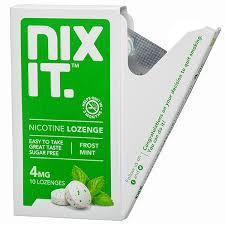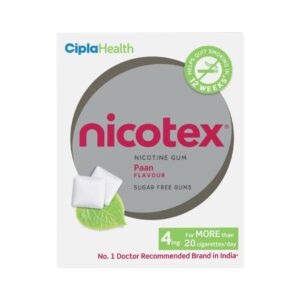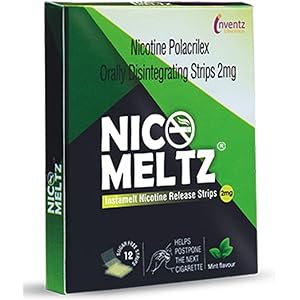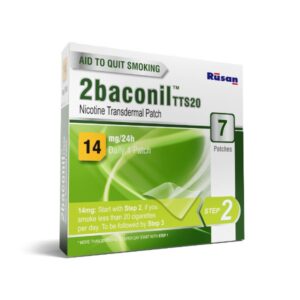NICOTINE
NICOTINE: Nicotine is a naturally occurring alkaloid found in the tobacco plant. It is both a stimulant and a sedative, and its primary use is as a highly addictive substance in tobacco products such as cigarettes, cigars, and chewing tobacco. However, nicotine can also be used therapeutically as a smoking cessation aid.
The mechanism of action of nicotine involves binding to nicotinic acetylcholine receptors (nAChRs) in the brain, mimicking the action of acetylcholine. This results in the release of various neurotransmitters, including dopamine, norepinephrine, serotonin, and glutamate, which contribute to its stimulating effects. The release of dopamine in the brain’s reward pathway is believed to play a significant role in nicotine addiction.
As a smoking cessation aid, nicotine is available in various forms, including nicotine gum, patches, nasal sprays, inhalers, and lozenges. These products deliver nicotine to the body in smaller, controlled doses, reducing withdrawal symptoms and cravings associated with smoking cessation.
The appropriate dose of nicotine varies depending on the form of administration and individual requirements. For nicotine gum, the recommended dose is typically one piece every 1-2 hours for up to 12 weeks, followed by a gradual reduction over the next 12 weeks. Nicotine patches provide a steady release of nicotine throughout the day, with dosages varying depending on the strength of the patch and individual needs. Nasal sprays, inhalers, and lozenges are used on an as-needed basis and should be used according to the specific instructions provided.
While nicotine can have beneficial effects in certain therapeutic contexts, it is important to note its potential for side effects. Common side effects include nausea, stomach upset, dizziness, headache, increased heart rate, and changes in taste. Other more severe side effects can include chest pain, irregular heartbeat, severe allergic reactions, and signs of nicotine overdose, such as vomiting, confusion, seizures, or difficulty breathing.
It is crucial to seek medical advice and supervision before using nicotine as a smoking cessation aid, especially for people with underlying health conditions or those taking other medications. Additionally, it is important to note that nicotine is highly addictive, and long-term use of nicotine replacement products should be monitored and gradually reduced to avoid dependence.






